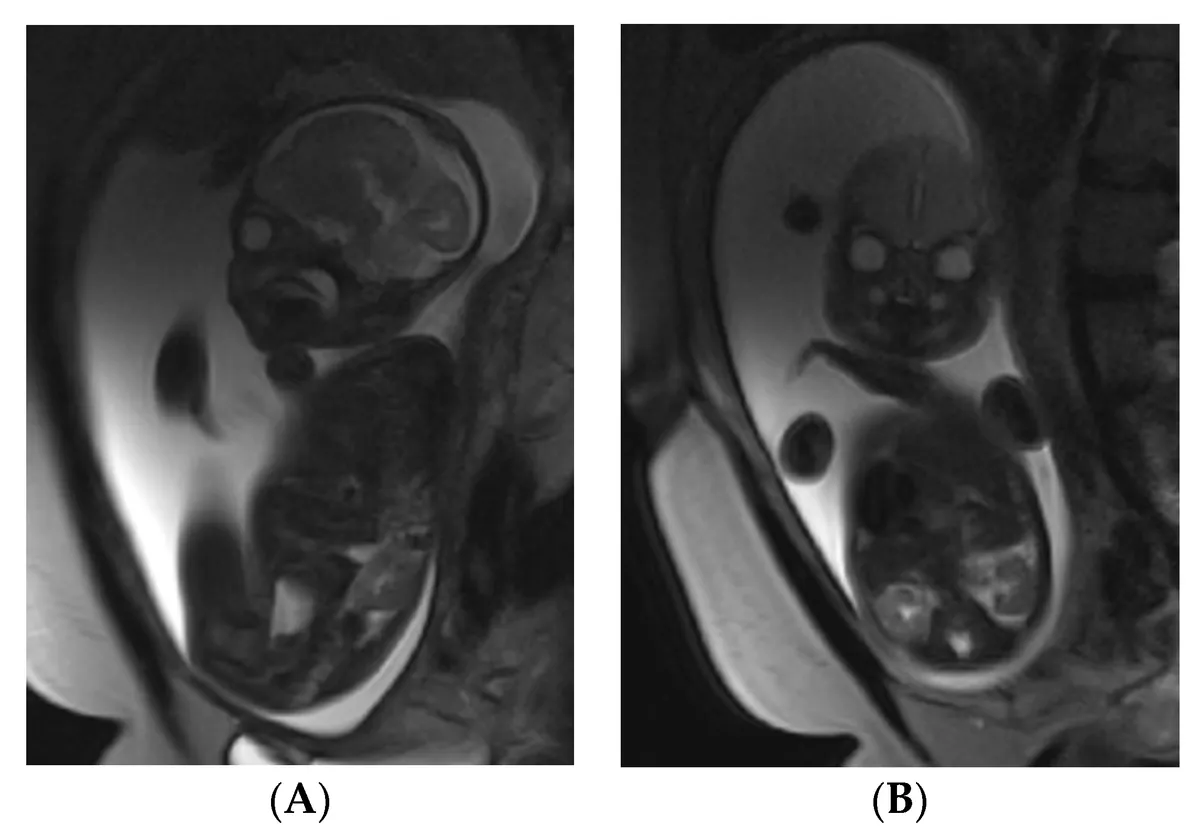Study Reveals Pregnancy's Lasting Impact on Brain Structure
Research uncovers significant brain changes during pregnancy, with 80% of regions shrinking. These alterations, likely permanent, may be part of a refinement process similar to puberty, offering insights into maternal brain plasticity.

Recent research has shed light on the phenomenon known as "baby brain," revealing substantial changes in women's brain structure during pregnancy. A study conducted by scientists at the University of California has found that approximately 80% of brain regions experience a reduction in size following conception.
Dr. Elizabeth Chrastil, a neuroscientist at the University of California at Irvine, participated in the study by undergoing brain scans before, during, and after her pregnancy. The scans revealed decreases in cortical volume and thickness, increased connectivity in white matter, and increases in cerebrospinal fluid. These findings were compared to brain scans of eight non-pregnant women, highlighting the unique changes associated with pregnancy.
Dr. Emily Jacobs, a co-author from the University of California at Santa Barbara, explained that many of these alterations appear to be permanent. She likened the process to the brain changes that occur during puberty, suggesting that pregnancy may represent another wave of cortical refinement.
"Loss of brain volume probably isn't a bad thing. This change probably reflects the fine-tuning of neural circuits, not unlike the cortical thinning that occurs during puberty. In both cases this process allows the brain to become more specialised."
The human brain, which contains about 86 billion neurons and consumes approximately 20% of the body's total energy, demonstrates remarkable plasticity throughout life. Grey matter, which makes up about 40% of the brain, appears to be particularly affected during pregnancy.

Interestingly, Dr. Chrastil reported not experiencing typical "baby brain" symptoms, despite the observed changes in her brain structure. Her son, born in May 2020, is now four and a half years old, highlighting the long-term nature of this research.
The study's findings may have significant implications for understanding and potentially predicting postpartum depression and preeclampsia. With one in five women experiencing perinatal depression, early detection remains a challenge. The researchers suggest that precision imaging studies could offer valuable insights into an individual's risk or resilience to depression before symptoms appear.
As the brain generates about 70,000 thoughts per day and continues to create new neurons throughout life, understanding these pregnancy-related changes could provide crucial information about the brain's adaptability. The research team is now expanding their study to include more women, with preliminary results indicating similar patterns of brain changes during pregnancy.
This groundbreaking research not only advances our understanding of the maternal brain but also demonstrates the remarkable ability of the human brain to undergo significant plasticity in adulthood. As scientists continue to explore these changes, we may gain valuable insights into the complex interplay between hormones, brain structure, and cognitive function during this critical period of a woman's life.


































